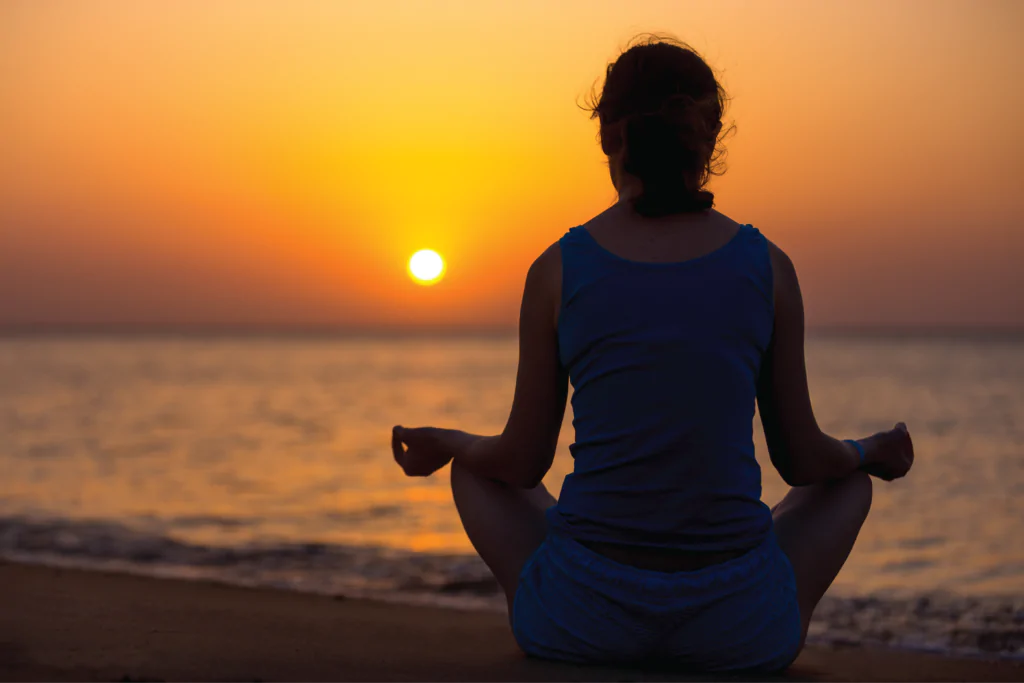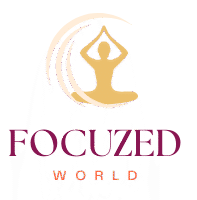Have you ever wondered if there’s a perfect time to meditate?
Meditation has long been known for its powerful ability to calm the mind, reduce stress, and promote mental clarity. But when should you meditate to get the most out of your practice? Is there an ideal time for meditation, and how long should you meditate to feel its benefits? Whether you’re an early riser or a night owl, this article will help you explore the best times for meditation and answer the question, “How long should I meditate?” Let’s discover how to make meditation a seamless part of your daily routine.
Table of Contents
Why Timing Matters in Meditation
The time of day you meditate can greatly influence the experience and results. Just as our bodies follow circadian rhythms, our minds have cycles of alertness and restfulness. These natural rhythms can affect the quality of your meditation. Sometimes, it may feel more conducive to focus and inner peace, while others may present more distractions.

Understanding your personal energy levels throughout the day is key to unlocking the full benefits of meditation. Timing isn’t one-size-fits-all, so learning when you’re most alert and focused can help you choose the best time for meditation based on your individual needs.
Early Morning Meditation: The Power of a Fresh Start
For many people, the early morning is the ideal time for meditation. It’s when the mind is still fresh, the distractions are minimal, and the world is just waking up. Meditation in the morning can set a positive tone for the day ahead. This “fresh start” can give you clarity, focus, and energy before the hustle and bustle of daily life takes over.

Morning meditation aligns with your body’s natural rhythm—particularly after a good night’s sleep. Your mind is quiet, which can help you focus better. Many spiritual traditions also highlight dawn as the most spiritually charged time for meditation, often referring to it as the “ambrosial hours.”
If you want to begin your day with intention and focus, an early morning meditation may be the good time for meditation you’re looking for.
Evening Meditation: Unwind and Reflect
While early morning meditation has its benefits, evening meditation offers something unique. It provides a chance to unwind, reflect, and release the stress accumulated throughout the day. This practice can be especially beneficial if you struggle to relax before bed or find yourself replaying the day’s events in your mind.

Evening meditation can be a mental “reset” before sleeping, helping you release tension and quiet your thoughts. For many, this is the perfect time to meditate, as it encourages deeper relaxation, reduces anxiety, and prepares the body for restful sleep.
If you feel overwhelmed by your daily responsibilities, evening meditation can help you release stress and create a sense of closure for the day.
How Long Should You Meditate?
One of the most common questions new meditators ask is, “How long should I meditate?“ The truth is, there’s no strict rule. The length of your meditation session will depend on your experience level, schedule, and personal goals.

For Beginners:
Start with just 5 to 10 minutes per session. Initially, building consistency is more important than aiming for long sessions. As you grow more comfortable, you can gradually increase the duration.
For Intermediate Practitioners:
Aim for 10 to 20 minutes of meditation. You can experiment with deeper techniques or try longer, more focused sessions at this stage.
For Advanced Practitioners:
Once you have established a regular practice, you may meditate for 20 to 45 minutes or even longer. Advanced meditators often find longer sessions help them dive deeper into their practice.
Remember, the quality of your meditation matters more than the length. Even short sessions can be impactful if approached with intention.
Time Meditation Techniques: Maximizing Efficiency

Finding time to meditate is challenging if you’re juggling a busy schedule. But even short meditation breaks can be incredibly effective if you know how to maximize them. Here’s how you can integrate meditation into your day without feeling overwhelmed:
1. Set Timers:
One way to ensure you stick to your practice is to set a timer for your session. Whether it’s 5 or 20 minutes, knowing that you have a set amount of time can help you focus without worrying about the clock.
2. Mindful Breaks:
If you don’t have time for a dedicated session, try incorporating mindful moments throughout your day. For example, take 1-2 minutes to focus on your breath during lunch, a work break, or even while commuting.
3. Short Sessions Multiple Times a Day:
Instead of meditating for 20 minutes simultaneously, break it into two or three shorter sessions. This “time meditation” approach can help you maintain mental clarity and reduce stress throughout the day.
Adjusting your approach allows you to fit meditation into your life, even on your busiest days.
Conclusion
The time you choose to meditate can significantly enhance the benefits you gain from the practice. Whether you’re meditating in the calm of the early morning or the peaceful stillness of the evening, the key is consistency. And when it comes to how long you should meditate, start small and grow over time, finding a routine that suits your lifestyle.

Experiment with the best times to meditate and durations to see what works best for you. Whether it’s a few minutes in the morning or longer sessions in the evening, making meditation a regular part of your day will help you find balance, clarity, and peace.

